Synergy 2011: Q&A on opening up the cloud
With openness a big theme in the cloud and virtualisation space, we get Citrix's opinion.

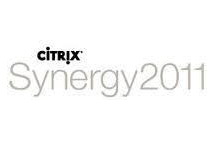
Sign up today and you will receive a free copy of our Future Focus 2025 report - the leading guidance on AI, cybersecurity and other IT challenges as per 700+ senior executives
You are now subscribed
Your newsletter sign-up was successful
Obviously Xen.org is a open community that we support so we both use elements of that code as well as donate, just like other companies do - you build some code you think other people can take advantage of it so that code is put back into the community. That is something we continue to do.
Do we have some secret sauce that we use that we might not give away? Absolutely. But we believe in open source, we work with the Xen engine, we donate code back and I think with the new OpenStack is another example, where we will take advantage of some of the standards OpenStack is putting out there as well as contribute to those standards and contribute to that base.
Given your longstanding partnership with Microsoft, some have suggested you've focused too much on catering to Windows users. Are the moves to offer Android and Mac capabilities a determined step away from that?
Certainly Microsoft has been a really important partner for us, but if you've seen over the past couple of years, the things we've done with Receiver and working on all kinds of different devices, if you see that we have the Google Chromebook and the Apple tablets, we really believe in a multi-vendor environment.
I wouldn't say this is a move a way from Microsoft as much as it is a response to the realities of today's customer environment where the platform is a personal choice and we want to enable IT to say yes to whatever platform their user comes in with.
It's about the responsiveness to the customer demands and the consumerisation.
You've focused heavily on enabling tablets within organisations is the uptake really there in business? Is it different in the US?
Sign up today and you will receive a free copy of our Future Focus 2025 report - the leading guidance on AI, cybersecurity and other IT challenges as per 700+ senior executives
We think people are going to go forward using three screens and a cloud. You're going to have your smartphone, your tablet and your laptop. I think that world is becoming more and more of a reality.
Particularly because some tablets are so inexpensive, it's reasonable to have all three.
The US kind of leads in adoption and then it kind of trickles out through Europe and then Japan and Asia, Australia and so on.
The Chromebook came up during the keynotes. Do you not worry, given Google's clout with cloud, it will start to tread on Citrix ground more?
We'll continue to partner and be mindful.
Google has a great selection of apps they have office kinds of apps for word processing and calculations. I would bet you my next paycheck Google is never going to create an SAP equivalent.
So, in that Google, if they really want the Chromebooks and Chrome OS to be a viable option for an enterprise, they've got to bring to the enterprise a way for them to not only use their Google apps, but all the other business apps that they have.
It's not just SAP and Oracle and those kinds of things many organisations custom write their applications. So those will never be delivered as a Google app.
Using Citrix and what we saw today with the Chromebook, that's the only way those kinds of apps could be delivered. I don't think it's competitive, I think it's a nice handshake to help better serve the customer.
Tom Brewster is currently an associate editor at Forbes and an award-winning journalist who covers cyber security, surveillance, and privacy. Starting his career at ITPro as a staff writer and working up to a senior staff writer role, Tom has been covering the tech industry for more than ten years and is considered one of the leading journalists in his specialism.
He is a proud alum of the University of Sheffield where he secured an undergraduate degree in English Literature before undertaking a certification from General Assembly in web development.
-
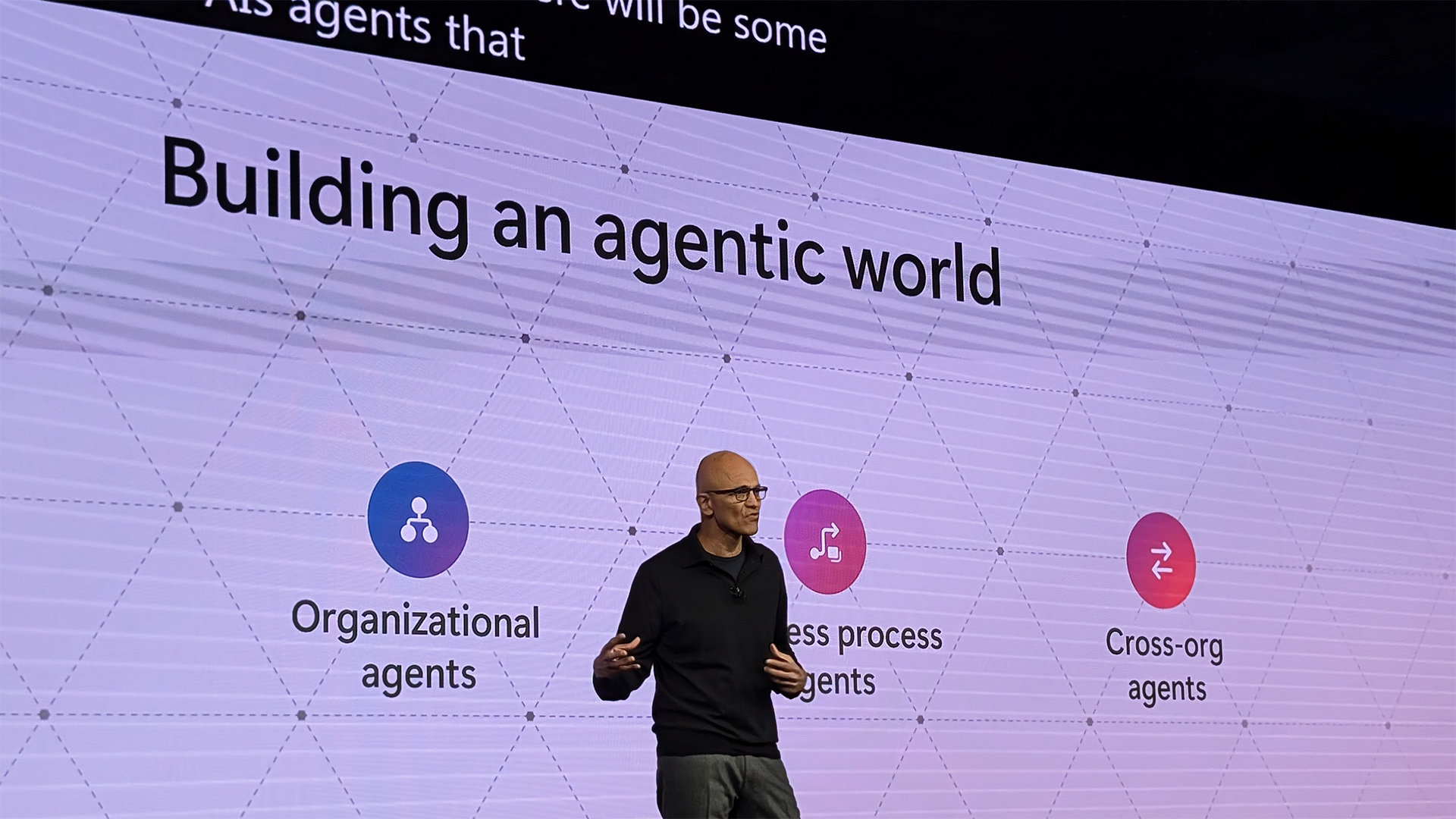 Microsoft CEO Satya Nadella talks up sovereign cloud credentials as firm announces general availability for Azure Local Disconnected, new capabilities for Foundry Local
Microsoft CEO Satya Nadella talks up sovereign cloud credentials as firm announces general availability for Azure Local Disconnected, new capabilities for Foundry LocalNews As Microsoft hands more control to customers, Satya Nadella touts the tech giant’s growing sovereign ecosystem
-
 How to use cyber-deception in your security strategy
How to use cyber-deception in your security strategyIn-depth Cyber deception allows firms to play adversaries at their own game – but how is it achieved?
-
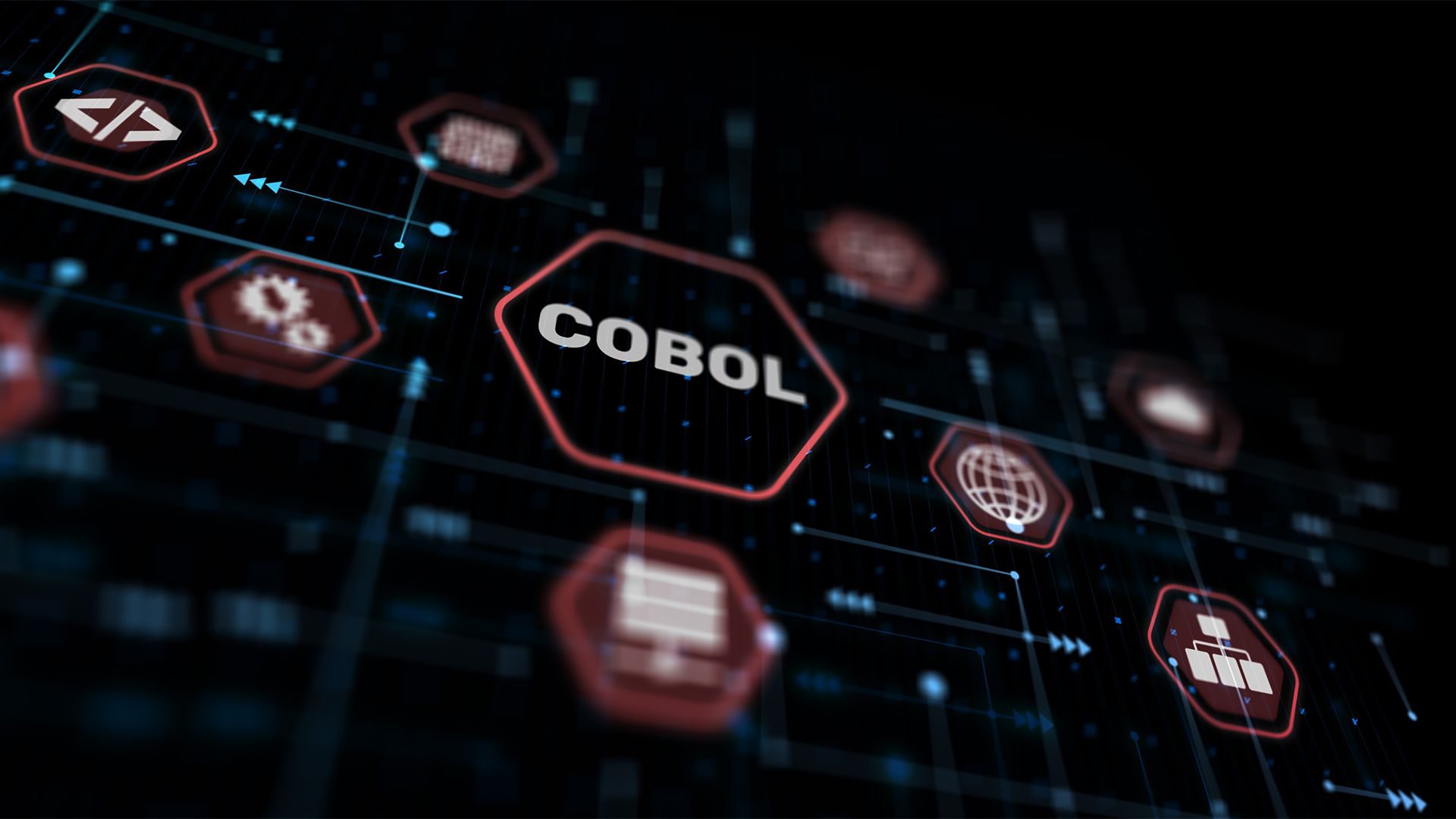 Anthropic says Claude Code can help streamline 'cost-prohibitive' COBOL modernization, but IBM says it's not that simple – 'decades of hardware-software integration cannot be replicated by moving code'
Anthropic says Claude Code can help streamline 'cost-prohibitive' COBOL modernization, but IBM says it's not that simple – 'decades of hardware-software integration cannot be replicated by moving code'News Research from Anthropic claims Claude Code can simplify modernization of COBOL systems
-
 Want a return on your AI investment? Open source could be the key to success
Want a return on your AI investment? Open source could be the key to successNews Organizations using open source AI tools are more likely to report a return on investment
-
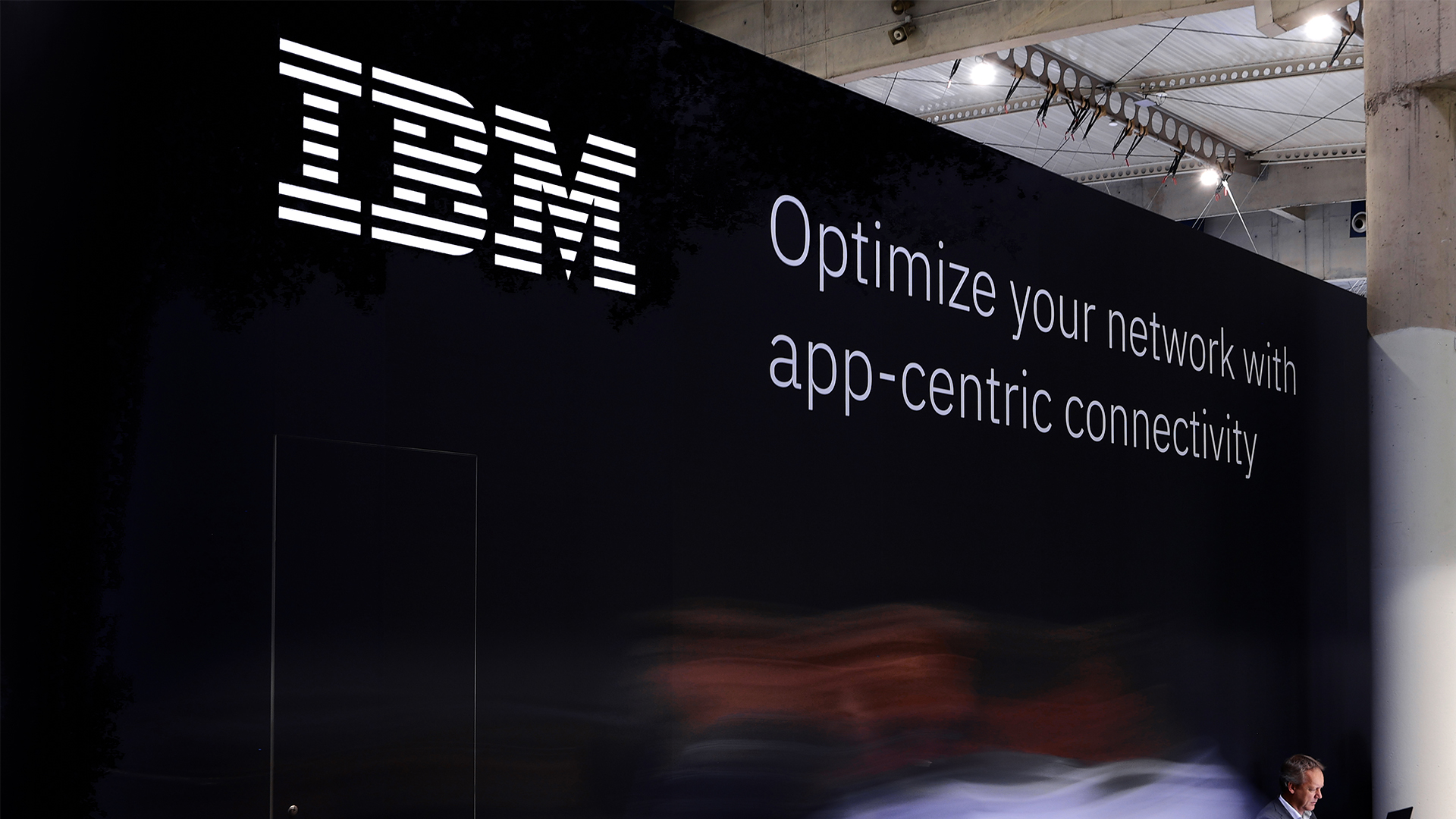 IBM just open sourced these generative AI coding models
IBM just open sourced these generative AI coding modelsNews IBM has open sourced models trained on code written in 116 programming languages - and it could make life a lot easier for enterprise developers
-
 Application performance management for microservice applications on Kubernetes
Application performance management for microservice applications on Kuberneteswhitepaper How to improve business-critical app performance in a Kubernetes environment
-
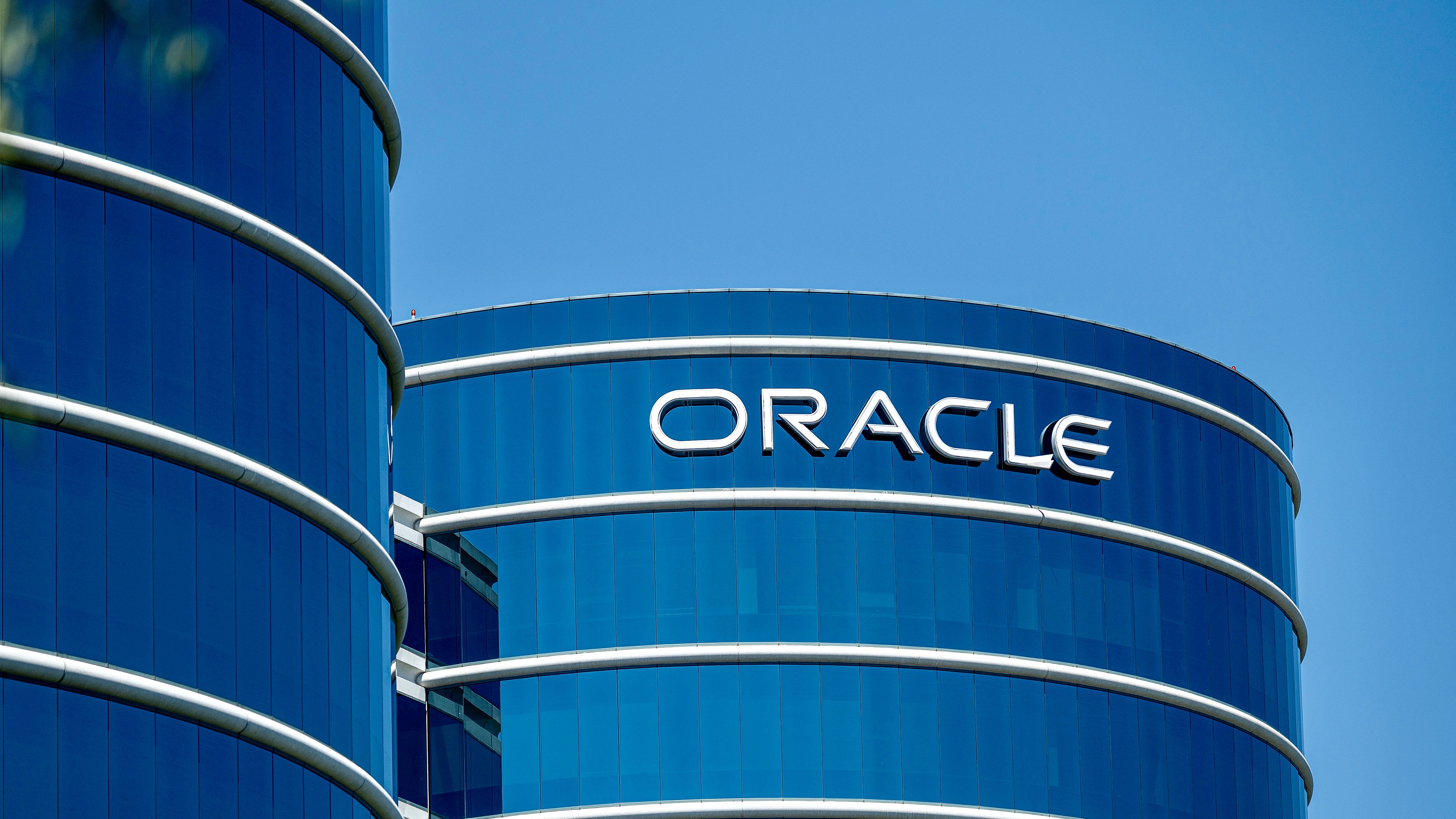 Can Oracle really be Linux's knight in shining armor?
Can Oracle really be Linux's knight in shining armor?Opinion The self-proclaimed champion of open source freedom would like you to forget about its history
-
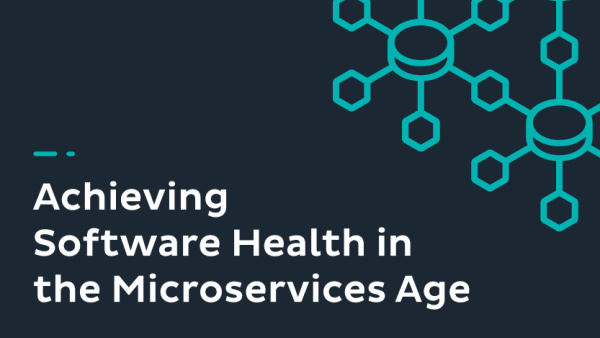 Achieving software health in the microservices age
Achieving software health in the microservices ageWhitepaper Tips and tricks for the new and emerging remediation methods
-
 Spanish spyware outfit uncovered, develops exploits for Windows, Chrome, and Firefox
Spanish spyware outfit uncovered, develops exploits for Windows, Chrome, and FirefoxNews Google was only able to discover the company after an anonymous submission was made to its Chrome bug reporting programme
-
 Google adds new security vendor plugins for Chrome, improved Chrome OS policy controls for IT admins
Google adds new security vendor plugins for Chrome, improved Chrome OS policy controls for IT adminsNews New integrations across various security pillars aim to improve Chrome OS and Chrome browser security for enterprise customers
